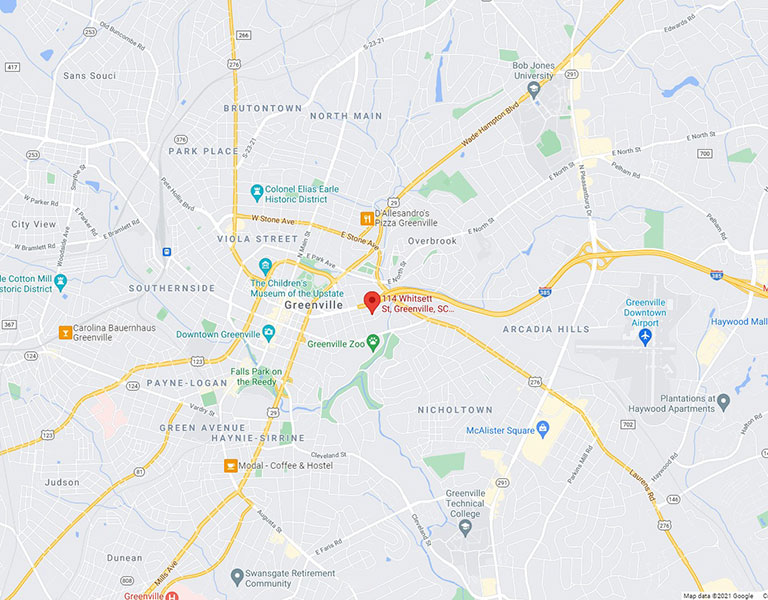The Immigration Reform and Control Act requires businesses to use Employment Eligibility Verification Form I-9 to confirm their employees’ eligibility to work in the U.S. South Carolina business owners must maintain a complete file of well-documented I-9s so that they can respond promptly if the government audits their employment files.
U.S. Immigration and Customs Enforcement will provide notice three business days before the start of an I-9 inspection. At the inspection, the employer must produce its I-9s, together with other requested documents like payroll records or employee rosters. Even if an employee no longer works at the business, the company must keep that person’s I-9 for the longer of three years from the hiring date or one year after his or her employment terminates.
If ICE determines the company’s records are not compliant, the business can expect a follow-up demand:
- If the audit reveals technical I-9 violations, the employer will have 10 business days to make corrections.
- If ICE believes an employee is not eligible to work in the U.S., the employer and employee may provide evidence of eligibility. Failure to provide adequate evidence may trigger criminal and civil penalties against the employer.
- If ICE finds serious violations, it may issue a warning or impose penalties like monetary fines, criminal prosecution or disqualification from federal contracts.
ICE provides guidance for companies that wish to conduct internal audits of I-9s from time to time. Employers must be careful not to use such audits to discriminate or retaliate against employees. While internal audits are not legally required, an employer may be able to anticipate and manage the consequences of non-compliant I-9s by performing such audits.


